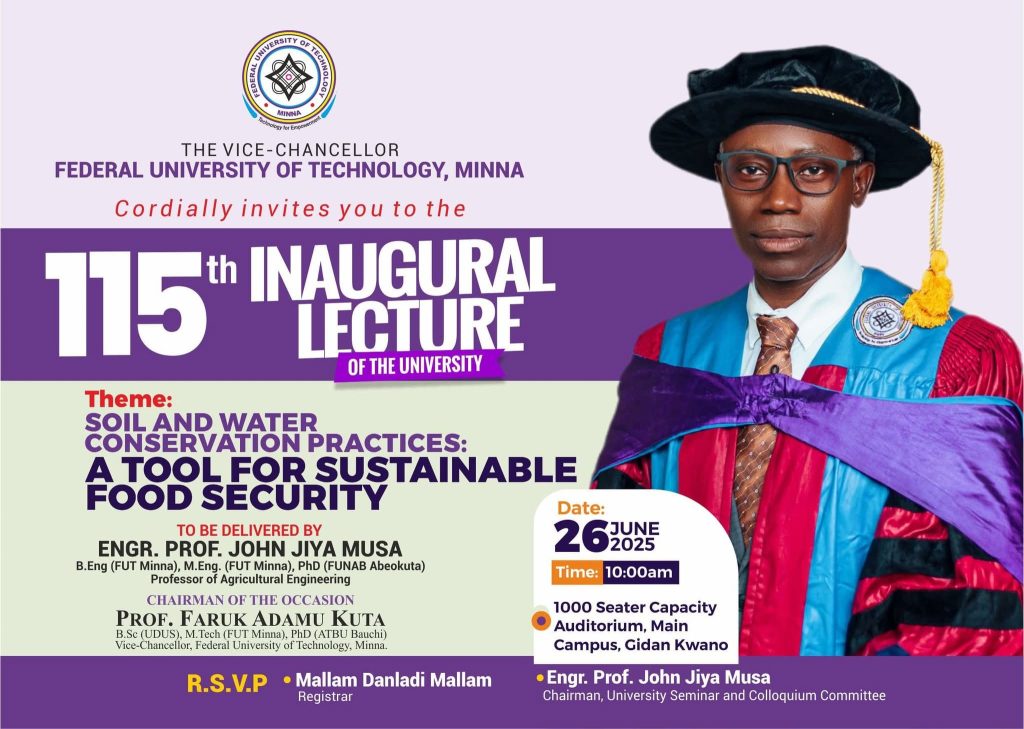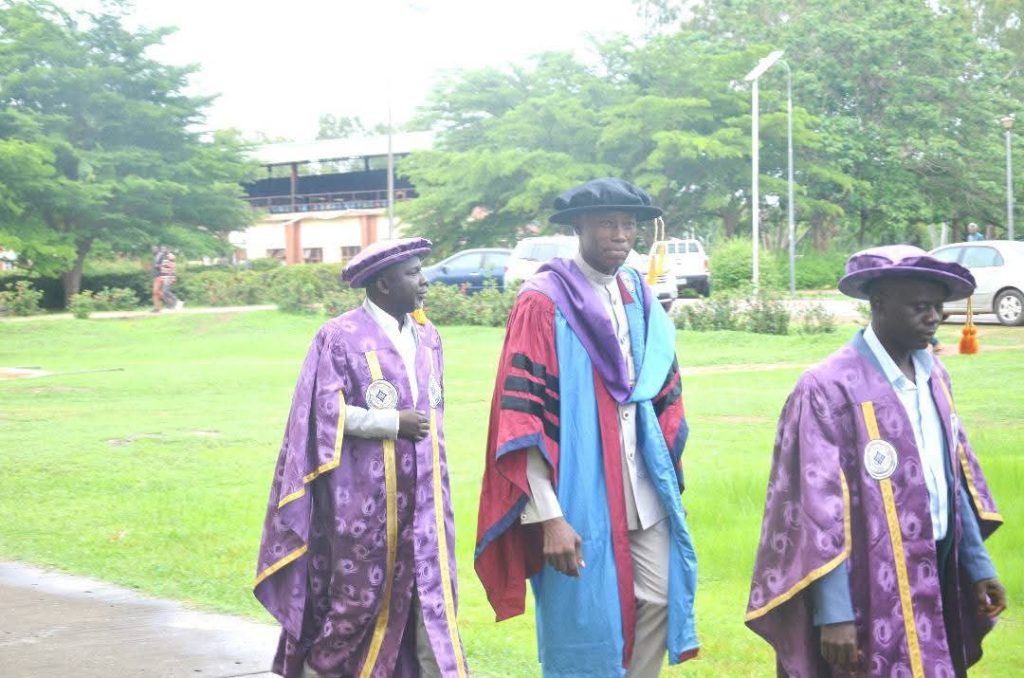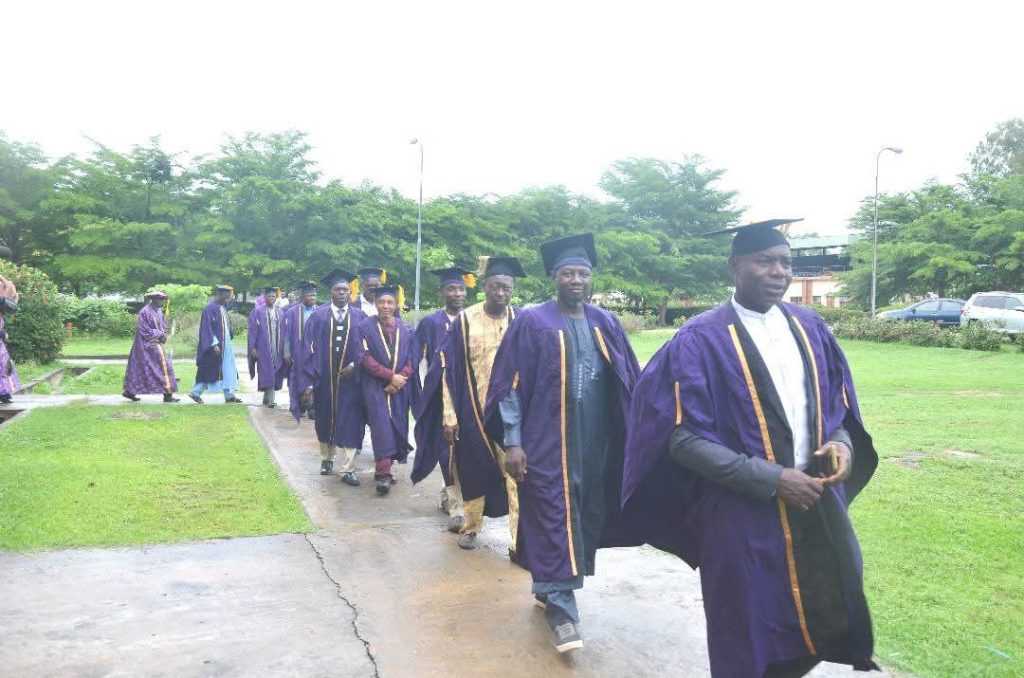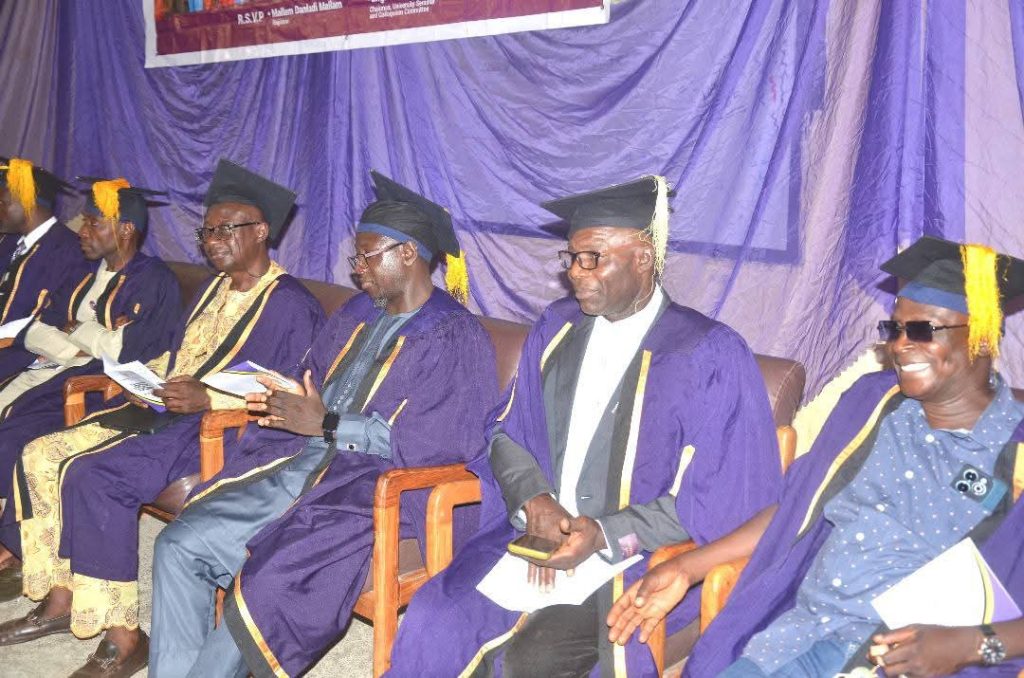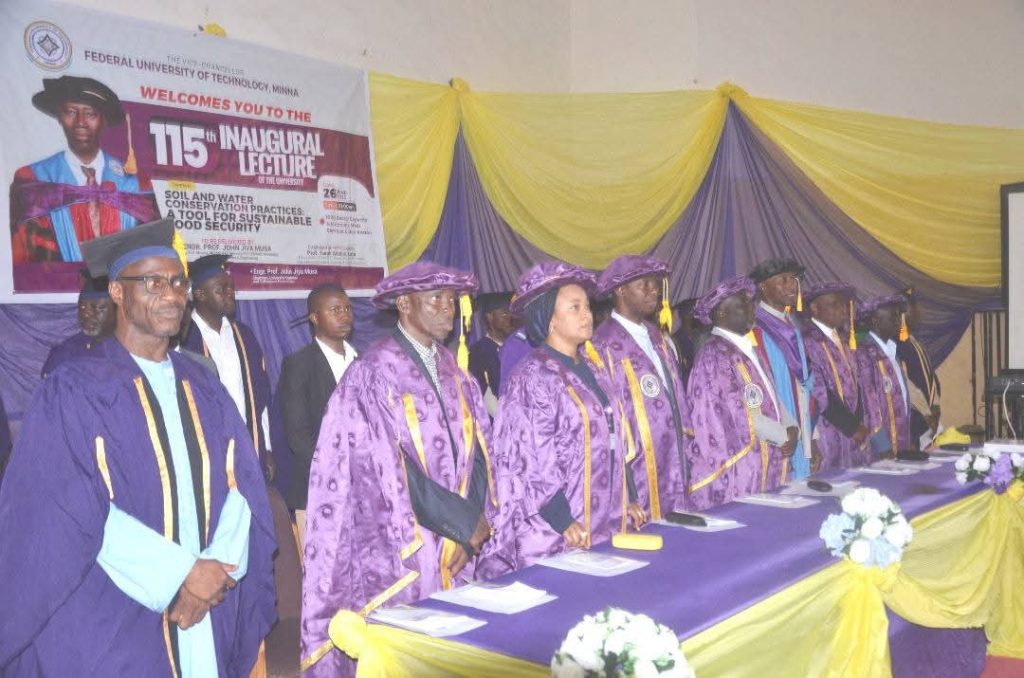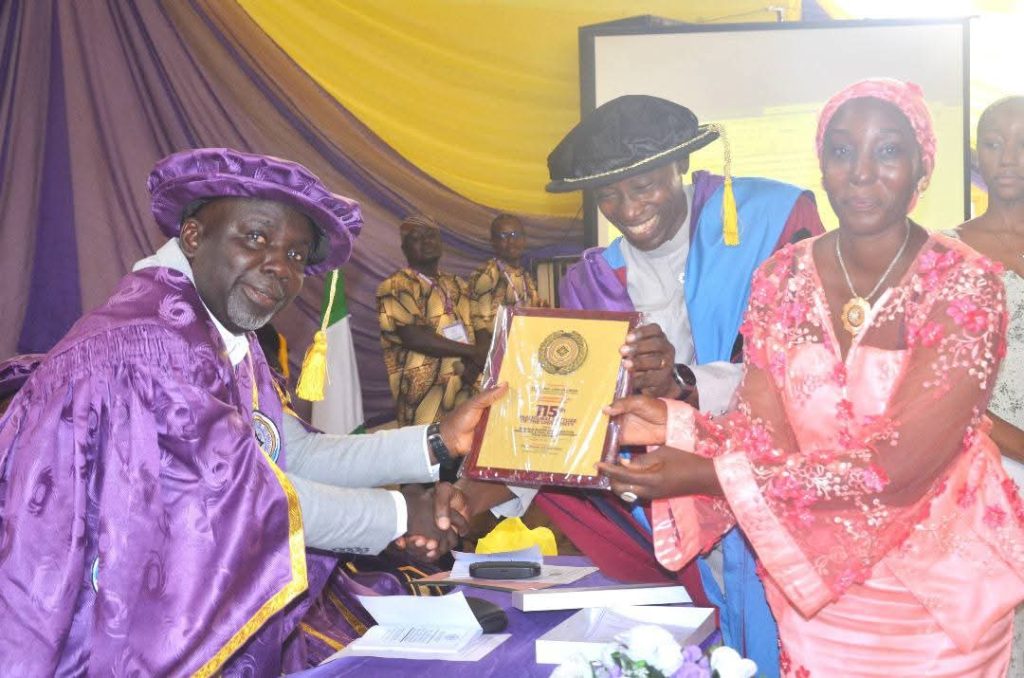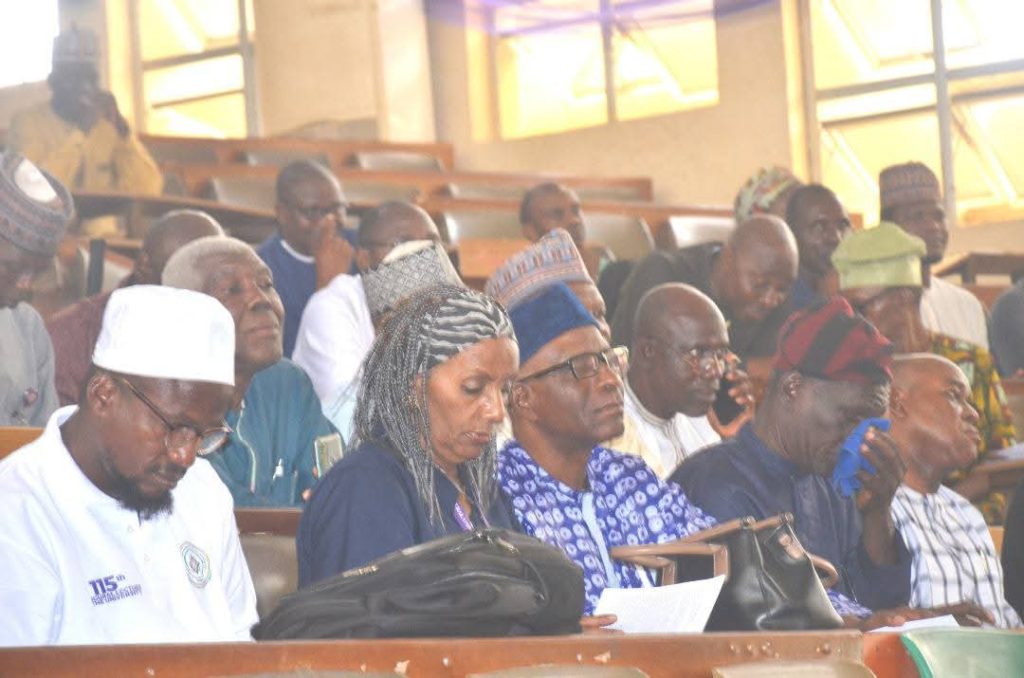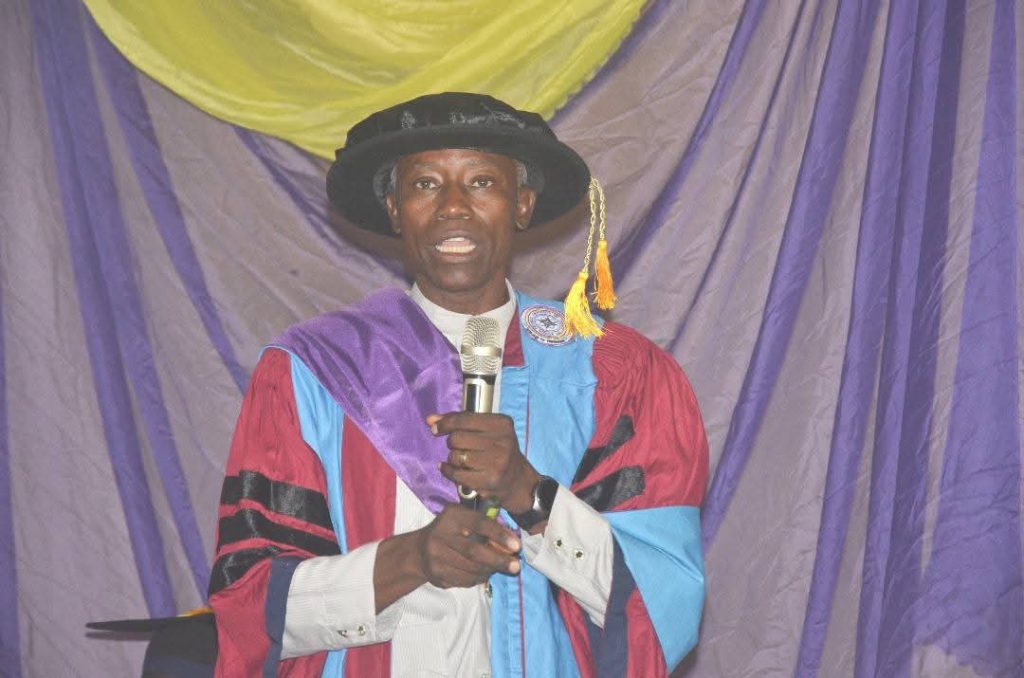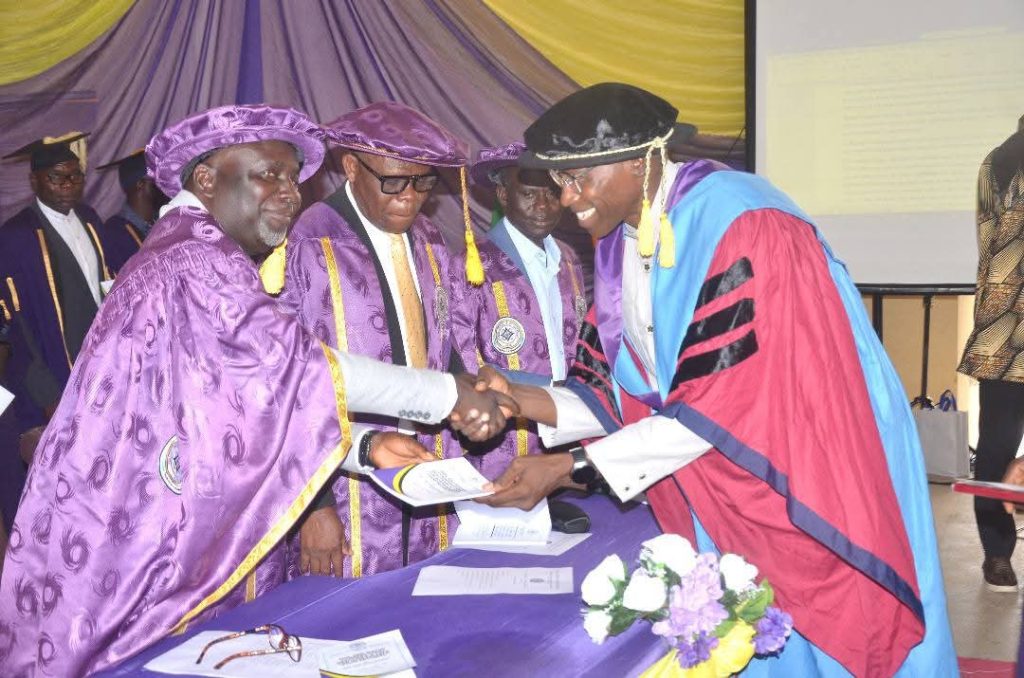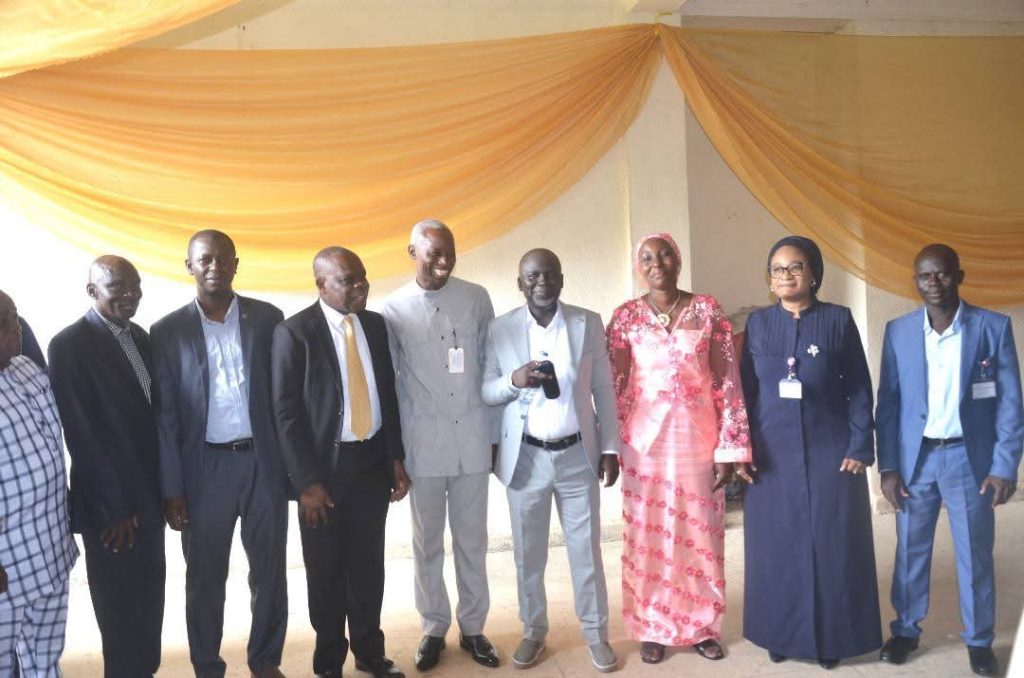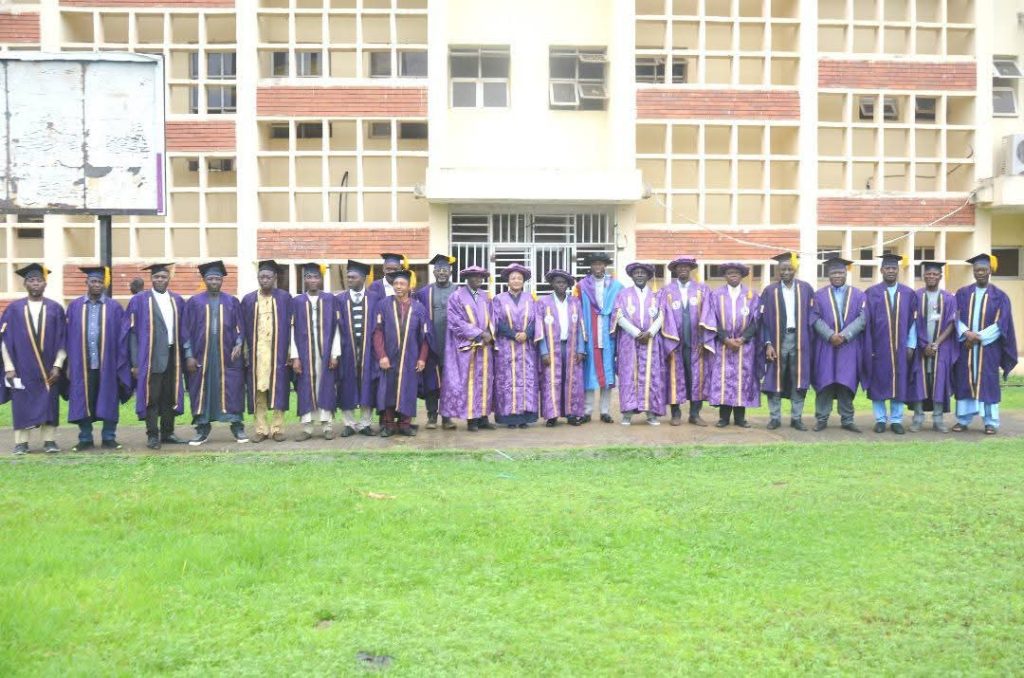By Mohammed Abubakar/Zaniab Lawal
Efficient natural resource management remains central to feeding the world’s growing population, Engr. Prof. John Jiya Musa has said. The distinguished Agricultural Engineer made this known while delivering the 115th Inaugural Lecture of the Federal University of Technology, Minna (FUT Minna) on Thursday, June 26, 2025.
Titled “Soil and Water Conservation Practices: A Tool for Sustainable Food Security,” the lecture emphasized the vital role of soil and water preservation in ensuring long-term agricultural productivity and national food stability.
Prof. Musa, a specialist in Soil and Water Engineering, advocated for the widespread adoption of sustainable conservation techniques. He emphasized that improved irrigation efficiency and crop yields begin with understanding water infiltration into soil a critical component of effective water management.
Citing infiltration models such as Richard’s and Kostiakov’s equations, Prof. Musa explained that cultivated lands consistently recorded higher infiltration rates compared to fallowed areas, attributing the difference to variations in soil structure, groundwater levels, and rainfall patterns. “Sandy loam soils absorbed the most water, followed by loamy sand and clay,” he observed.
The professor also spotlighted irrigation engineering as a foundation for agricultural resilience. Referencing infrastructure such as the Zukuchi irrigation structure and small-scale tube well systems, he noted that Nigeria’s underutilized Fadama lands could significantly enhance dry season farming if properly harnessed.
Despite promising technologies, Prof. Musa lamented slow adoption due to limited awareness, lack of modern control systems, and land tenure issues. “We developed computer-based tools to manage water delivery effectively, but uptake remains low,” he noted.
Turning to environmental threats, Prof. Musa presented findings from his studies on heavy metal contamination in farming soils near dumpsites in Niger, Kogi, and Nasarawa states. He warned that metals such as copper, iron, and zinc introduced through improper waste disposal are now entering the food chain. “Crops cultivated on former waste sites pose increasing health risks,” he cautioned.
Another overlooked challenge, according to him, is the impact of cattle movement on soil health. Research conducted in Abeokuta revealed that repeated trampling by livestock reduces soil porosity, causing compaction and ultimately degrading land quality.
In closing, Prof. Musa underscored the urgent need for integrated soil management practices including agroforestry, crop rotation, and cover cropping to prevent erosion and improve fertility. “Conservation is not just scientific; it is also a socio-economic necessity,” he asserted.
He called for robust government policies and incentives such as subsidies, tax exemptions, and farmer training to promote sustainable practices. He also recommended integrating indigenous knowledge with modern technology, scaling up extension services, and investing in cutting-edge research to address emerging soil and water challenges.
Chairing the event, Vice-Chancellor Prof. Faruk Adamu Kuta commended Prof. Musa for his decades of impactful research and service. He described the lecture as “timely, relevant, and a wake-up call for action in tackling Nigeria’s food insecurity.”
According to the Vice-Chancellor, the message is unmistakable: “As Nigeria battles climate change, population growth, and food shortages, sustainable agriculture grounded in soil and water conservation is non-negotiable.”
The lecture drew a wide audience of academics, researchers, policymakers, students, and community members.
Highlights of the event included the presentation of gifts to the inaugural lecturer.
Photo Credit Elijah Yisa
